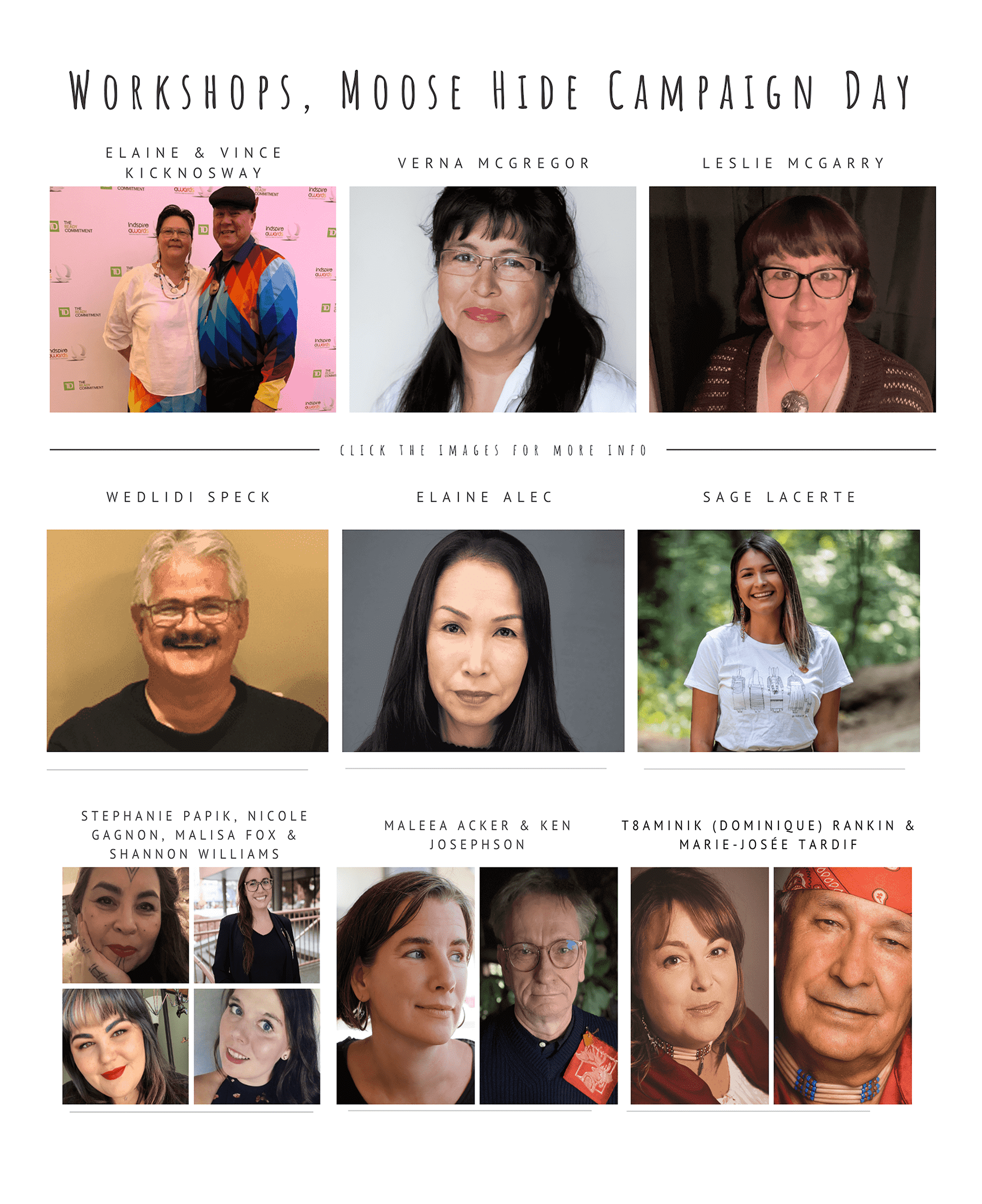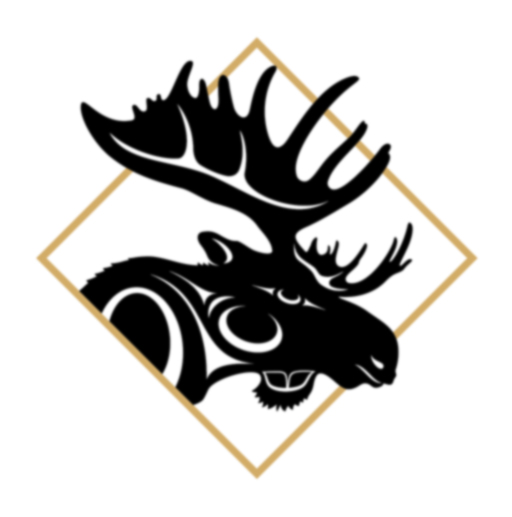
Indigenous families talking about inter-generational effects
Expanding on the issue of violence against women
Integrating Indigenous wisdom into daily practice
Culture, masculinity and storying our lives
Cultivating safe spaces
It starts with me! Acknowledging and empowering ourselves and each other in this journey to end violence.
Bio: Stephanie Papik is an award-winning public servant, small business owner, artist and parent. She was born and raised in Akaitcho Territory in the Northwest Territories, grew up in Lekwungen Territory and is of Inuit and European ancestry. She is the mother of two children, now in their twenties. At the age of 24, Stephanie moved to Yellowknife, NWT, to learn more about her culture and strengthen family relations. She returned to Vancouver Island at the age of 32 and took an Executive Director position with the Saanich Native Support Program, providing one-on-one support for Aboriginal families and youth in Tsartlip, Tseycum, Tsawout and Pauquachin. For the last 15 years, Stephanie has accomplished groundbreaking work in the BC public service, including six years at the helm of the Indigenous Youth Internship Program, which won the 2017 Public Sector BC Workplace Inclusion Award for Diverse and Inclusive Culture Champion while under her guidance. In 2017, Stephanie was appointed to the Priorities and Accountability Office in the Office of the Premier of British Columbia. She then moved on to and has been with Emergency Management BC since October 2018.
Bio: Nicole Gagnon leads cultural safety and reconciliation training for the Ministry of Forests, Lands, Natural Resource Operations and Rural Development, combining experience in Professional Communications, Change Management and Indigenous Education. She has been a public servant for 14 years, living and working as a guest on the traditional homelands of the Lekwungen Peoples (Victoria, BC). Nicole loves plants and nature and enjoys various expressions of art, including beading, sewing, painting, and knitting. As a mixed-heritage woman, both of Métis and British ancestry, Nicole believes that fostering trusting relationships is fundamental to reconciliation with Indigenous peoples.
Bio: Malisa Fox has a background that includes a career in business, the public sector and non-profit sector. She has been grateful to be in the position most recently as Partnership Coordinator and now Senior Advisor for Emergency Management BC’s Strategic Partnership team. She has worn a few different hats in the last couple of years as Program Lead/Program Coordinator/Program Administrator for the BC Public Service Agency – Indigenous Youth Internship Program, Community Development team member for the NGO Women for Change in rural Zambia, Provincial Youth and Elder Coordinator for BC Association of Aboriginal Friendship Centres and Policy Analyst (Aboriginal Youth Intern) for Ministry of Health, Aboriginal Health Directorate.
Bio: Shannon Williams is Métis with mixed European ancestry and has been a guest on Lheidli T’enneh traditional lands most of her life. Since joining government in Spring 2017, Shannon has been fortunate to work in Indigenous Relations with Emergency Management BC and the Ministry of Transportation and Infrastructure. Through this work Shannon has developed a passion for Truth, Reconciliation and Cultural Safety and Humility training for public servants.
